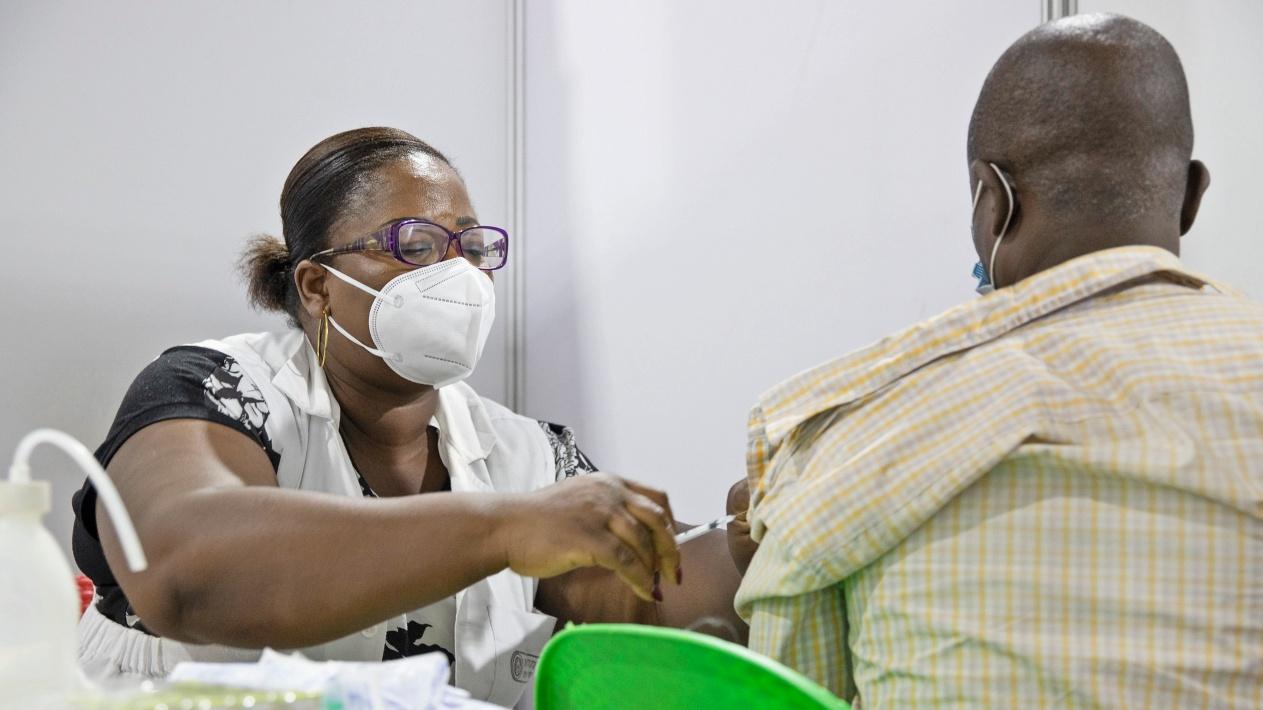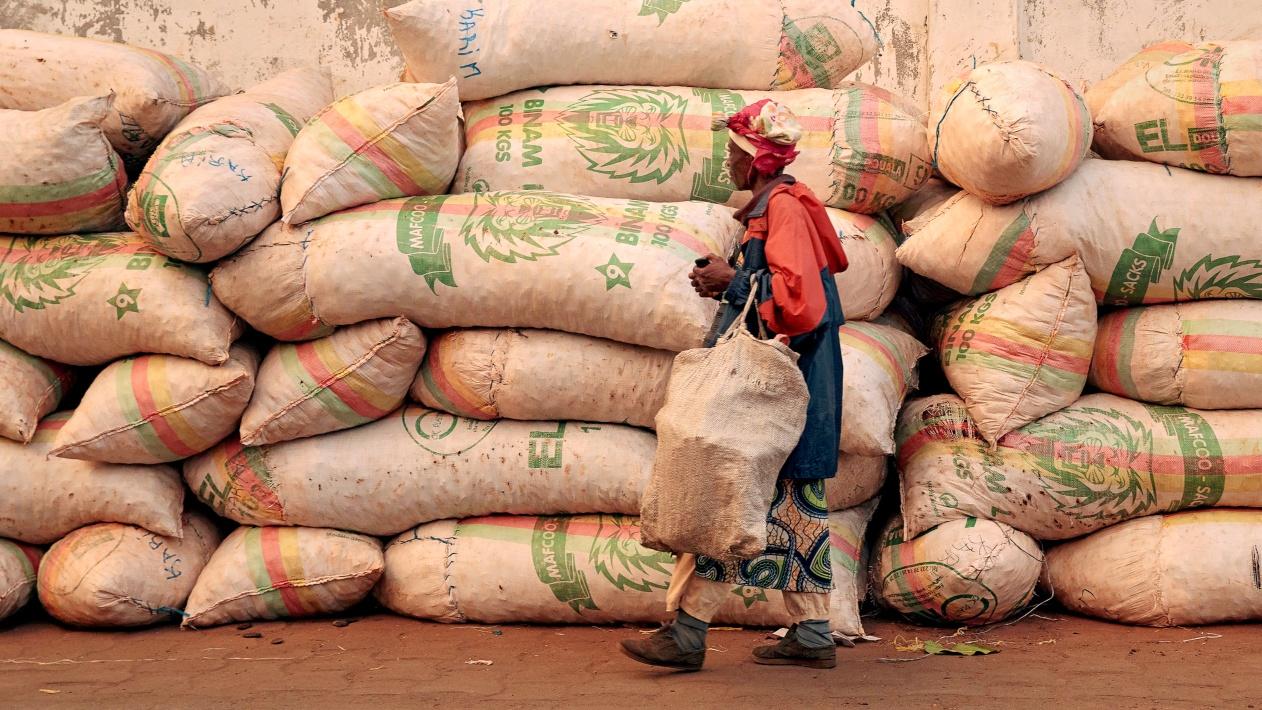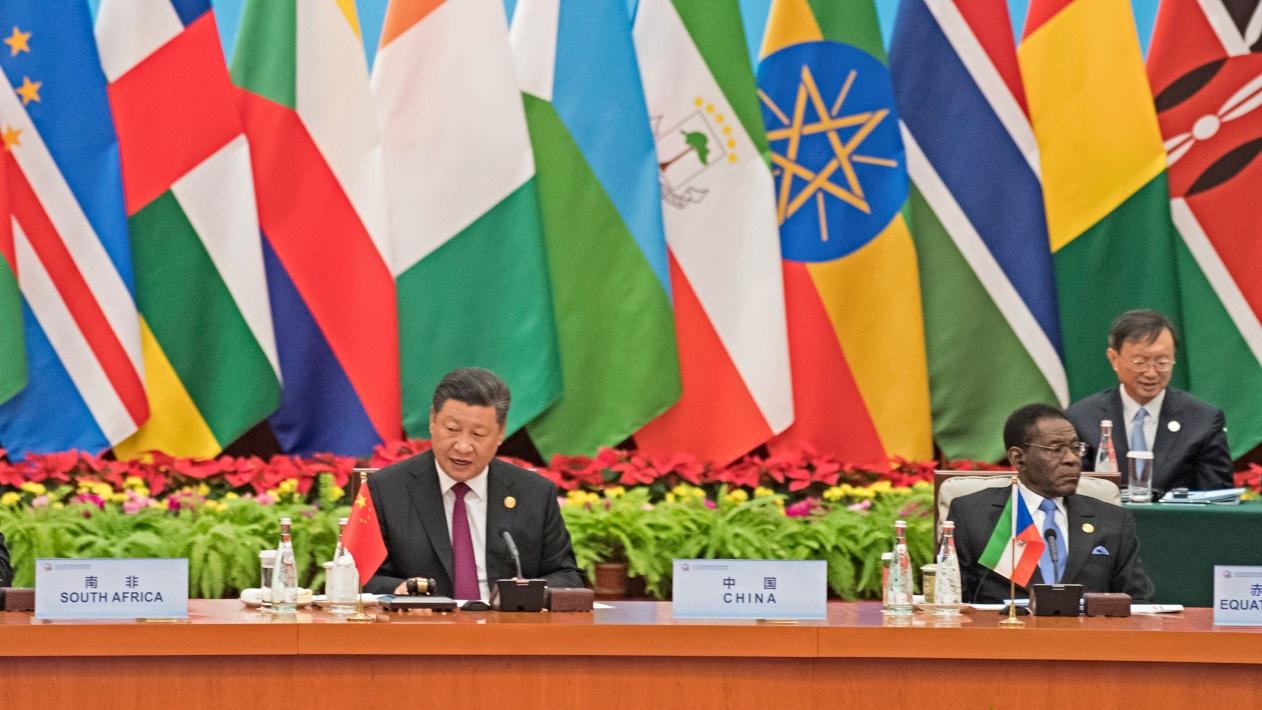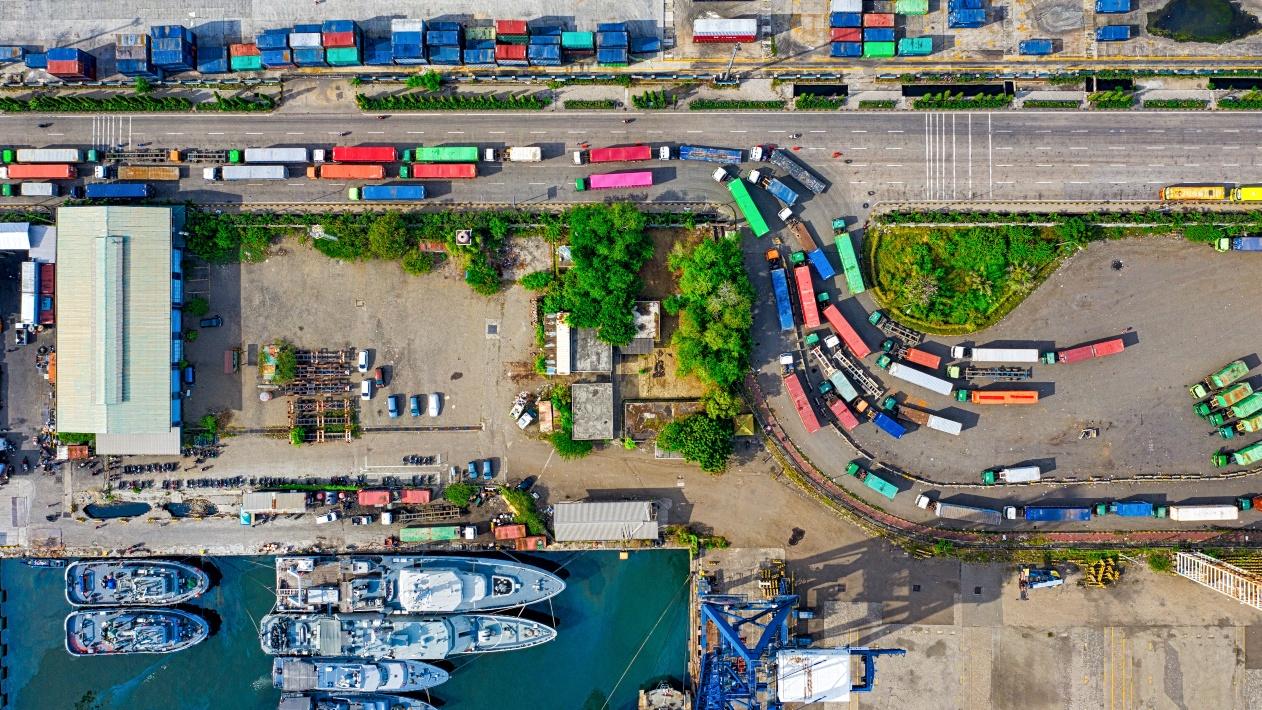An effective framework for restructuring global debt remains an urgent need for Africa, which could be supported by changing sovereign rating practices. By integrating the severity of financial losses in a default episode, rating agencies could better serve investors, while also incentivising overleveraged governments to seek debt relief. As interest rates rise, the world economy slows and food prices mount, procrastination around debt relief would result in avoidable humanitarian crises.
A more comprehensive debt-restructuring framework is required
Africa’s debt crisis has escalated. Public-debt ratios have reached the highest levels in two decades, exacerbated by the pandemic and Russia’s war in Ukraine. Half of all economies in the region are in or at high risk of debt distress, according to the International Monetary Fund. A looming food crisis in many countries will make matters much worse. Sovereign debt crises and disorderly defaults are likely.
Delaying the resolution of debt distress raises the spectre of systemic sovereign debt crises, which would see greater economic and financial-system losses. Nevertheless, creditors and borrowers alike keep kicking the can down the road. An opportunity may already have been missed. The unifying COVID-19 crisis has not been used to address Africa’s debt more systematically.
The urgency of this crisis is accentuated by many sovereign borrowers’ reliance on Eurobond market financing. African bond yields have risen to surpass 11%, underlining a progressive loss of international market access. G4 central banks rapidly tightening rates since late 2021 strains the sustainability of debt of emerging economies, precipitating capital outflows and exchange-rate depreciation. The Institute of International Finance estimates that net bond funding by non-residents to emerging markets (excluding China) will drop in 2022 by over 50%. It is hard to see how Africa would not be disproportionately affected.
Announced in November 2020 by the G20 and Paris Club, the “Common Framework for Debt Treatments beyond the DSSI” to support low and middle income countries represented a step in the right direction. However, the Common Framework’s emphasis upon short-run debt service savings renders it an inadequate template for comprehensive debt relief. And, to date, it has failed to achieve even its own more limited aspirations.
A more comprehensive debt-restructuring framework is called for. We must not repeat mistakes of the Latin America debt crisis of the 1980s, in which the misdiagnosis and playing for time brought a “lost decade” for the region. The crisis was tackled effectively only by 1989 with the Brady Plan, which included debt write-offs as a central element. It took the international community seven years to reach that point and only after having exhausted a litany of erroneous liquidity prescriptions, trying to address what was fundamentally a solvency crisis. What was a calamity for Latin America would be a tragedy for Africa.
African states need to be incentivised to ask for restructuring of their debt overhang. Only three nations (Chad, Ethiopia and Zambia) have requested support under the Common Framework. Other countries remain on the fence, partly because of concerns about a negative response from credit rating agencies. Rather than being paralysed by an unjustified fear of stigmatisation, indebted African governments ought to instead push for more comprehensive relief.
A loss-given-default sovereign rating framework could incentivise comprehensive debt restructuring
Anxiety around rating downgrades is a key factor why governments do not restructure their liabilities. Ghana’s Minister of Finance, Ken Ofori-Atta, put what is a frequent sentiment among debtors most dramatically: “Are the rating agencies beginning to tip our world into the first circle of Dante’s Inferno?” However, sovereign credit rating downgrades – such as Moody’s of Ghana earlier in this year – should be seen as a call to action for debtors to reform economic and debt management practices, rather than an example of institutional bias against Africa. For Ghana, interest payments amounting to half of government revenue hinder social and economic development. Rating agencies have done their duty by highlighting the rising risk around Ghanaian credit.
Nevertheless, rating agencies should look afresh at their methodologies. Ratings are currently measuring the perceived probability of default. How much creditors will lose in the process plays a more limited role in ratings, nor is there a central role for consequences of ratings for national development. The ratings merely rank sovereigns by the expected likelihood that they will miss some payment, however small such losses might be. Amid calls for better alignment of ratings decisions with international development objectives, a loss-given-default (LGD) sovereign rating framework would be a significant step forward to bring about such alignment.
A pre-emptive debt restructuring reduces the likelihood of future disorderly default and deeper creditor losses. Under an LGD rating framework, such a purposeful restructuring could result in a short-run credit rating upgrade, not a rating downgrade. The reason is that an earlier debt restructuring curtails ultimate financial losses for creditors compared with a currently prevailing strategy of governments hanging on until the bitter end. Under an LGD methodology, the debtor’s sovereign rating would fare better under an early debt treatment, and future socioeconomic crisis would be reduced. Such a rating approach could therefore incentivise, rather than discourage, a purposeful and comprehensive renegotiation of debt.
An LGD approach could also provide better service to ratings users: investors are interested in not only whether they may lose some money but how much they might lose. Current sovereign ratings are nearly silent on this matter. Only LGD ratings could provide this information, as well as partially alleviate another bottleneck – pro-cyclicality of rating actions during crises – improving the investment appeal of a country during sensitive phases of debt renegotiation and reducing governments’ trepidation of prolonged loss of access to debt markets.
The rating agency Moody’s has adopted a loss-given-default framework but only for ratings near or in default. S&P Global Ratings once published estimated sovereign recoveries under events of default, which are the requirement for LGD. But after a few years, they quietly dropped this approach. It is now time to revive it. Regulators need to take action to lead rating agencies down this road. It will help creditors and debtors reaching debt restructuring agreements.
The time has come for fresh thinking and to be bold. Doing so would make debt relief more palatable not only for Africa but for all.
Note: This article gives the views of the authors, not the position of Scope Ratings GmbH, LBBW Bank, Africa at LSE or the London School of Economics.
Find out more:
DSSI+ global debt restructuring framework
Debt Relief for a Green and Inclusive Recovery
Photo by jamies.x. co.





